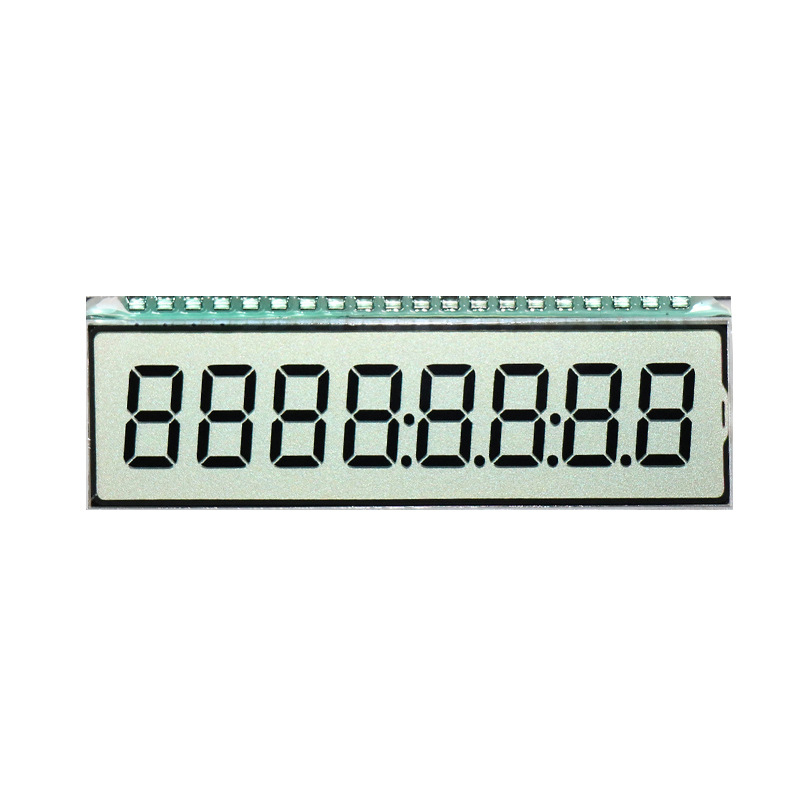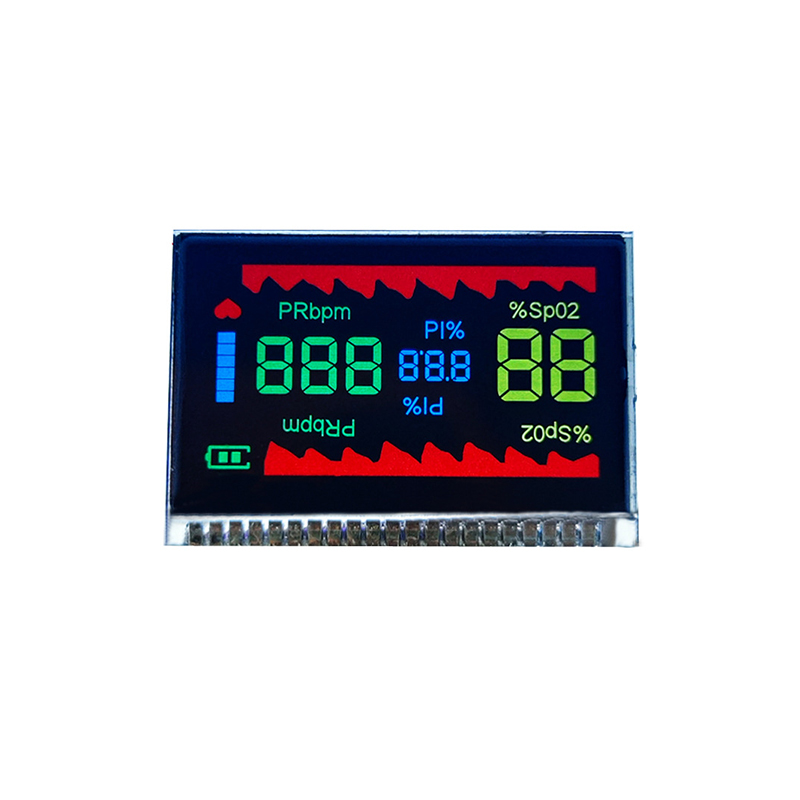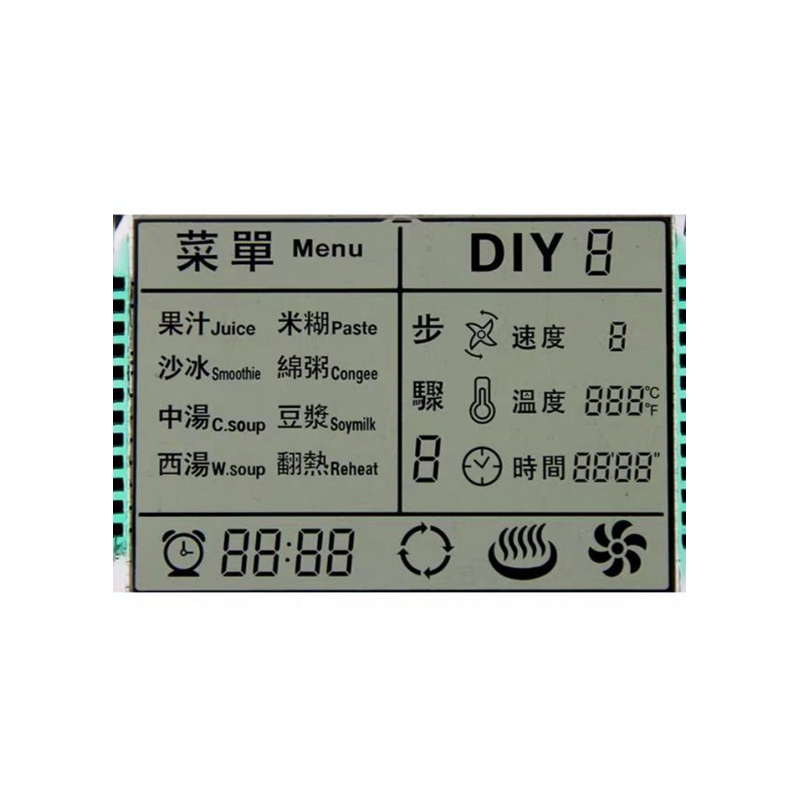Arduino Mega 2560 TFT Display: A Comprehensive Guide to Choosing and Implementing the Right DisplayThis guide explores the world of Arduino Mega 2560 TFT displays, covering everything from selecting the appropriate display to practical implementation and troubleshooting. We'll delve into various display types, resolutions, and interfaces, helping you choose the perfect match for your project. Learn about libraries, common issues, and best practices for seamless integration with your Arduino Mega 2560.
Choosing the Right TFT Display for Your Arduino Mega 2560 Project
Selecting the correct TFT display is crucial for your project's success. Consider the following factors:
Resolution and Size
The resolution determines the level of detail your display can show. Higher resolutions allow for sharper images and text but often consume more memory and processing power. Common resolutions include 240x320, 320x240, and even higher. Display size, typically measured diagonally, also impacts readability and the overall aesthetics of your project.
Interface Type
TFT displays communicate with the
Arduino Mega 2560 through various interfaces, most commonly SPI and parallel. SPI offers a more efficient data transfer method, ideal for higher resolution displays. Parallel interfaces, while simpler to understand, might be less suitable for high-resolution displays due to the increased number of pins required.
Touchscreen Functionality
Many
Arduino Mega 2560 TFT displays offer touchscreen capabilities, enhancing user interaction. Resistive, capacitive, and projected capacitive touchscreens are common options, each with its advantages and disadvantages in terms of accuracy, responsiveness, and cost.
Backlight Type
The backlight is essential for visibility in different lighting conditions. Common options include LED backlights, which are energy-efficient and offer good brightness. The color temperature of the backlight can also influence the overall look of your display.
Connecting and Programming Your Arduino Mega 2560 TFT Display
Once you've selected your display, connecting it to the
Arduino Mega 2560 involves careful wiring according to the display's datasheet. Here's a general overview:
Wiring the Display
Typically, you'll need to connect the display's data, clock, and chip select pins to specific digital pins on your
Arduino Mega 2560. Refer to the display's documentation for precise pin assignments and wiring details. Power and ground connections are also essential, ensuring a stable voltage supply for the display.
Installing Necessary Libraries
Most
Arduino Mega 2560 TFT displays require specific libraries to function correctly. The Arduino IDE makes installing these libraries relatively straightforward. Search for and install the library that corresponds to your specific display model.
Example Code
The following code snippet illustrates a basic setup and text display using the Adafruit_TFTLCD library (replace the pin assignments with your specific setup). Remember that this is just a basic example and might need adjustments depending on your chosen display.cpp#include
#include //If using a touchscreen// Replace with your display's specific pins#define LCD_CS A3#define LCD_CD A2#define LCD_WR A1#define LCD_RD A0#define LCD_RESET A4Adafruit_TFTLCD tft(LCD_CS, LCD_CD, LCD_WR, LCD_RD, LCD_RESET);void setup() { Serial.begin(9600); tft.begin(0x9341); //Replace with your display's ID tft.fillScreen(ILI9341_BLACK); //Fill Screen with black. Adjust as needed tft.setTextColor(ILI9341_YELLOW); tft.setTextSize(2); tft.setCursor(0, 0); tft.print(Hello, World!);}void loop() { // Add your code here to control the display}Remember to adapt this code to your specific display and its library.Troubleshooting Common Issues
Here are some common problems you might encounter: No display: Check your wiring, power supply, and the correct installation of the library. Incorrect colors or distorted image: Ensure your display’s initialization sequence is correct. Consult the datasheet. Touchscreen unresponsive: Check your touchscreen's calibration and wiring.Choosing a Supplier
When sourcing your Arduino Mega 2560 TFT display components, consider suppliers with a strong reputation for quality and customer support. For high-quality LCD displays and related products, explore options like Dalian Eastern Display Co., Ltd. (https://www.ed-lcd.com/). They offer a wide variety of displays suitable for various applications. | Display Feature | Option A | Option B |
| Resolution | 240x320 | 320x480 |
| Size (inches) | 2.8 | 3.5 |
| Interface | SPI | SPI |
| Touchscreen | Resistive | Capacitive |
Remember to always refer to the specific datasheets and documentation provided by the manufacturer of your chosen Arduino Mega 2560 TFT display for detailed instructions and specifications. Happy prototyping!













